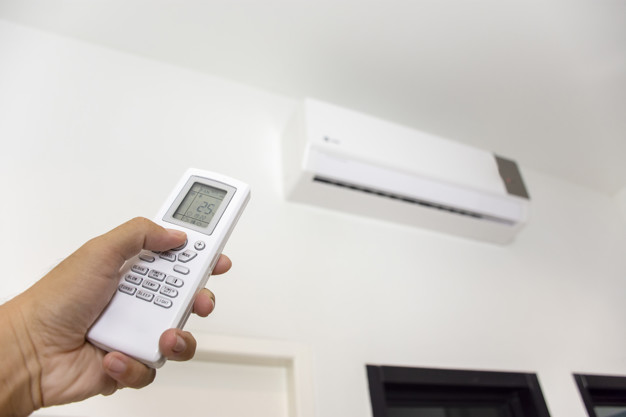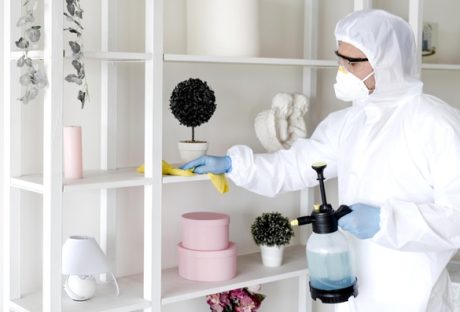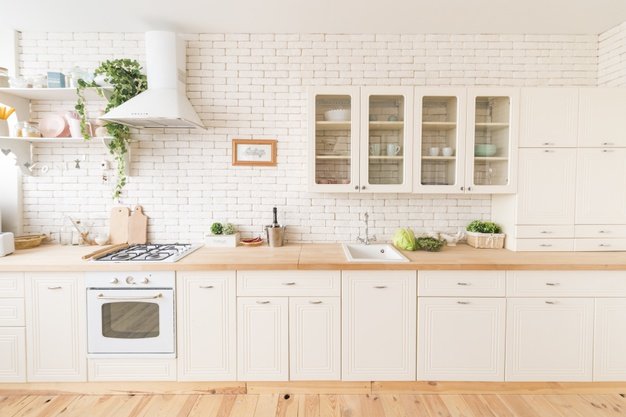For most people, summer is the most joyful of all seasons. There’s something precious about those warm evenings, whole days spent swimming, and enjoying the great outdoors. Unfortunately, summer’s not all sunshine and flowers.
As a lot of homeowners know, during the summertime our bill tends to spike as our air conditioning costs keep piling up. But what if you could cut those costs by as much as half. In a lot of cases, high AC costs are the result of improper maintenance and malfunctioning AC systems. The experts at Howell’s were kind enough to share a few useful tips that can help you save this cooling season.
Look For Leaks In The Ducts
If your cooling bills unexpectedly start to spike, there could be a technical issue behind it. Central AC systems use ductwork to deliver any cooled air throughout your home. However, as they age ducts become more susceptible to tears and fissures. This not only makes the AC less efficient but demands more power to keep the required temperature levels in your home. This is usually the main reason behind increased energy bills. If you haven’t inspected your ductwork in a while and are paying more than usual, have a professional determine whether leaks in the ductwork are to blame.
Replace Your Air Filter
One of the things homeowners are most likely to forget about is the air filters in their AC systems. When is the last time you replaced or at least cleaned your filter? If your answer is “I don’t remember” now is the right time to do so. A clogged filter may make your air conditioner less effective as it struggles to push the cooled air through the filter. This will likely result in an increased energy bill, but poor air quality as well.
If you want to keep your energy bill low, make a habit of replacing your air filter at least once every two months. If you are not sure how to do this, you can always hire a professional.
Have A Professional Tune-Up
Another often neglected part of owning an AC system is having regular inspections and tune-ups. With a professional tune-up at least twice a year you can be sure your AC will be up to standards and working properly. This way you won’t spend a cent more than you need to in order to enjoy the comfort in your home.
A tune-up entails a professional testing every component of the system to make sure everything is working in harmony. If any part of the AC system is malfunctioning, professionals can detect this early and prevent expensive repairs down the line. Finally, they will clean the entire system, replace the filters, and offer valuable advice on proper AC maintenance.
Having your AC system running at optimal conditions is perhaps the best way to ensure that you don’t end up spending more money on it than necessary. As the old adage goes, sometimes you gotta spend money to make money; well, in this case, save money.
Read Also:






















